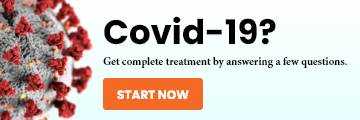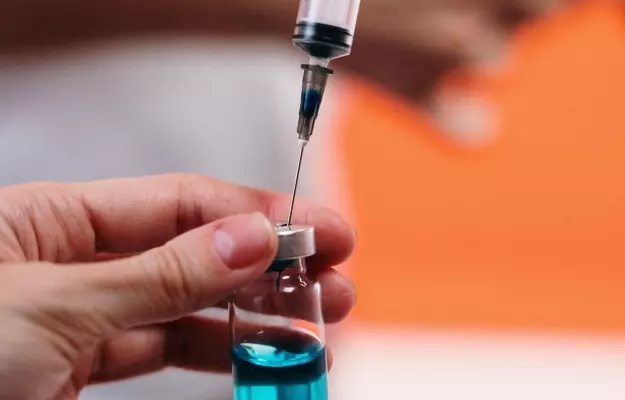As the race for the most efficient treatment and vaccine hots up for COVID-19, which has caused around 4.5 million cases and over 302,000 deaths worldwide, researchers from at least two different institutions claim to have developed antibodies that can protect humans from the SARS-CoV-2 coronavirus infection. (SARS-CoV-2, or severe acute respiratory syndrome coronavirus 2, is the virus that causes COVID-19.)
Researchers at the Utrecht University, Erasmus Medical Center and Harbour BioMed, as well as the Israel Institute of Biological Research, have successfully developed a monoclonal antibody that can neutralise the SARS-CoV-2 virus in the human body. While the announcement of the antibodies developed by the Israeli institute was made by the country’s defence ministry, no further information about the study or research has been shared or published in a peer-reviewed journal.
Information about the antibodies developed by the Dutch team, however, has been published in the scientific journal Nature, where it claims that the human monoclonal antibody developed can tackle both the SARS-CoV-2 as well as SARS-CoV viruses in cell culture.
Despite the success in their research, both antibody treatments are a long way from being rolled out as any new treatment method requires approvals from regulatory bodies. Their success depends on the results of human clinical trials, various clearances as well as mass manufacturing and production thereafter.
Also read: Potential COVID-19 vaccine candidates































